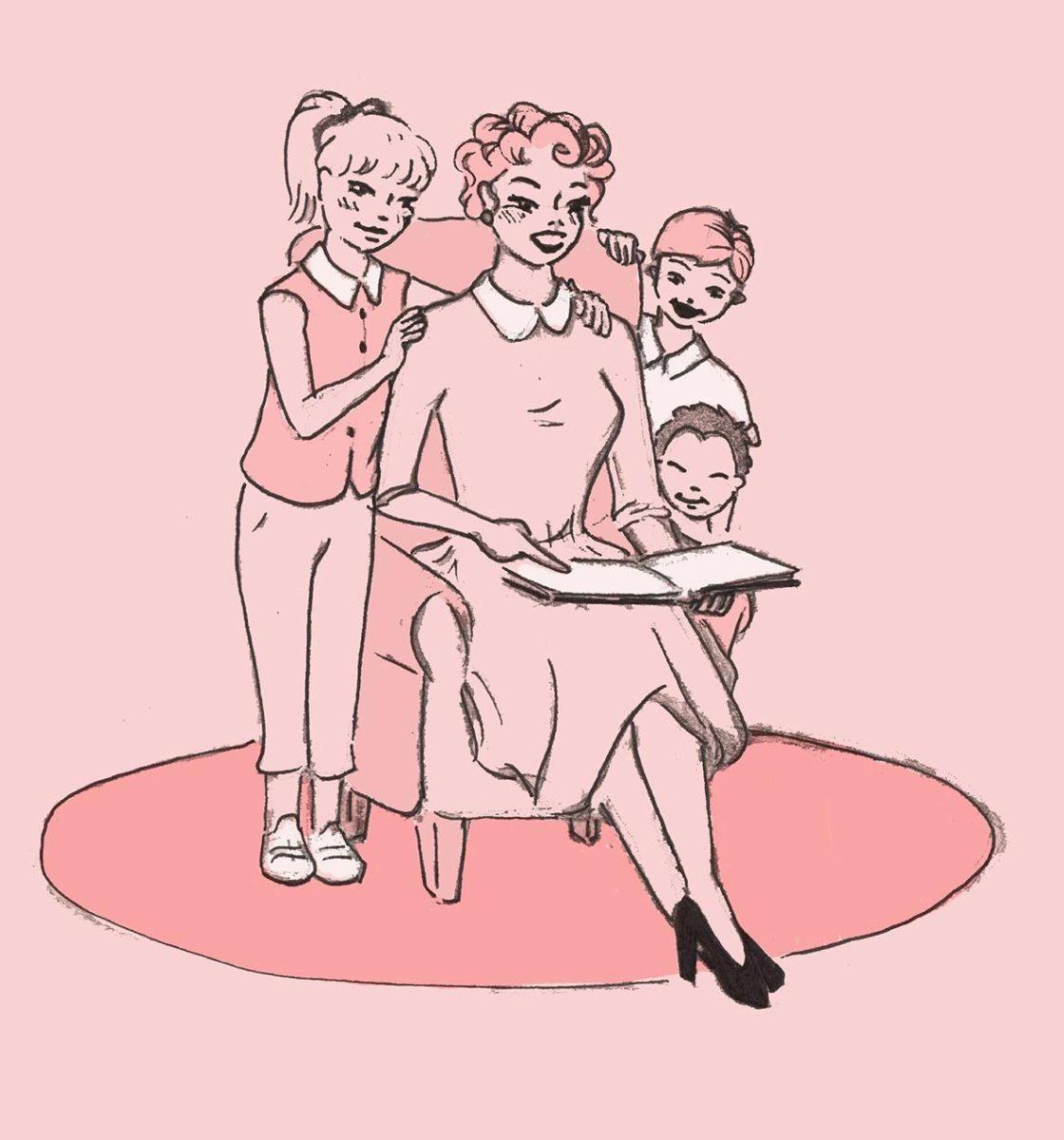Louisiana has a long history of questionable sex education regulations.
The law that currently governs sexual education inthe state has been in effect since 1992. It states that “the major emphasis of any sex education instruction offered in the public schools of this state shall be to encourage sexual abstinence between unmarried persons,” and it mandates that all sexual education teachers “emphasize abstinence from sexual activity outside of marriage as the expected standard for all school-age children” and “emphasize that abstinence from sexual activity is a way to avoid unwanted pregnancy, sexually transmitted diseases, and other associated health problems.” The law also states that “no contraceptive or abortifacient drug, device, or other similar product shall be distributed at any public school,” and that “no sex education course offered in the public schools of the state shall utilize any sexually explicit materials depicting male or female homosexual activity.”
This law not only keeps teachers from informing students on any kind of safe sexual activity, it also restricts schools from handing out condoms to students in K-12 or explaining how abortions work to students. Further, the law is written so that sexual education instructors must teach as if homosexuality does not exist.
“Sexually explicit materials depicting homosexuality” has been interpreted to mean that any materials depicting homosexual activity of any kind, even in written form (such as a written out guide for safe ways to engage in homosexual activities) are sexually explicit. Lesbian, gay, bisexual and transgender students in Louisiana are ignored in Louisiana classrooms – and have been for two decades.
This year, the Louisiana legislature updated the state’s sexual education law to restrict any organization that works with or has ties to abortion providers like Planned Parenthood from disseminating any sexual education materials at all in public schools. This means that any and all information, regardless of the topic, that comes from abortion providers (which includes women’s health clinics where many services besides abortion are offered) cannot be distributed within any Louisiana public schools.
On top of all these restrictions on sexual education, the law also allows schools to decide at their own discretion whether they teach any form of sexual education. Sex ed classes are optional, and any public school may choose at any point not to give students any sexual health instruction at all.
This law continues to fail Louisiana’s students.
Not only are the state’s rates of teen pregnancy and teen birth higher than the national average, but the rate of HIV infection among young people in the state is alarmingly high – more than 22 cases are diagnosed per 100,000 young people ages 13 to 19 annually, as compared to a national average of seven – and that number continues to rise.
Legislators who oppose changing sexual education laws argue parents have a right to educate their children about sex in a way they see fit. This belief assumes that all parents will talk to their kids at some point about sex; however, many parents never have “the talk” with their kids, leaving some students completely in the dark.
Monique Leblanc, an international studies sophomore, is one of the many Louisiana students who did not receive sexual education from her school or her parents.
“The lack of sex ed was awful for me personally because my parents really depended on the school to teach me about sexual health,” Leblanc said. “I thought I was dying the first time I had my period. I would panic every time I’d use the bathroom and was too afraid to tell my mom. When I finally did tell her, she responded with ‘they didn’t teach you this in school?’”
The Sexuality Information and Education Council of the United States has extensively studied the effectiveness of abstinence-only education programs. All of these studies have come to the same conclusion: abstinence-only education does not accomplish its goal. Students taught abstinence-only education programs engage in sexual activity at the same rate as other students. They begin having sex at the same age as the national average, have the same number of sexual partners, and contract sexually transmitted infections at the same rate as the average American student. There is also evidence that non-comprehensive sex ed can negatively affect students: some studies have found that students who take pledges to not engage in sexual activity until marriage may be less likely to use condoms, more likely to engage in oral and anal sex and are actually more inclined to have sex after undergoing an abstinence-only education program than they were before the program.
Studies also show that students who are given comprehensive sex education feel more comfortable about their sexuality than those who are only given information about abstinence. Sam Lemoine, a mass communication senior, said she’s glad she was fortunate enough to attend a school that taught her about all aspects of sexual health.
“Don’t get me wrong, they never handed us condoms and said have fun, but they were always open and helpful,” she said.
Lemoine said that this kind of sexual education helped her feel more comfortable about her sexuality.
Though a majority of Louisiana’s legislators refuse to amend the sexual education law, there is a strong minority of Representatives working hard to ensure every student in the state has the kind of experience that Lemoine did.
Rep. Patricia Smith has been a champion of comprehensive sex education for years. In 2010, a bill mandating that sex ed be made mandatory instead of optional was being debated on the floor of the Louisiana House of Representatives. At this time, sexually transmitted infections were running rampant among Louisiana students; the state ranked ninth in the U.S. for reported cases of chlamydia, fifth in gonorrhea and first in cases of primary and secondary syphilis. During the floor debate, Smith passionately urged her fellow legislators to approve the bill.
“No one can stop anyone from doing what they want to do,” she said. “But the most important thing is to provide accurate information to our young people about the risks of sexual activity.” The bill was defeated 67-23.
Despite it being consistently voted against, Smith continues to introduce this bill to the Louisiana House of Representatives every year.
“It can be frustrating,” Smith says, “But I will never stop proposing this bill.”
Smith has interacted with women across the state who believe that a lack of sexual education has affected their lives in a negative way. She has also spoken to people who sought out information about sexual health independently, and have been extremely misinformed. Smith said she believes that by not having mandatory, comprehensive sexual education in Louisiana schools, the state is endangering young people, leaving them vulnerable to unhealthy health practices.
“A young woman once told me that she heard douching with Mountain Dew after sex could prevent pregnancy,” Smith says while shaking her head.
An educated population, equipped with information, makes better decisions.
Birds & Bees
September 22, 2014
More to Discover













